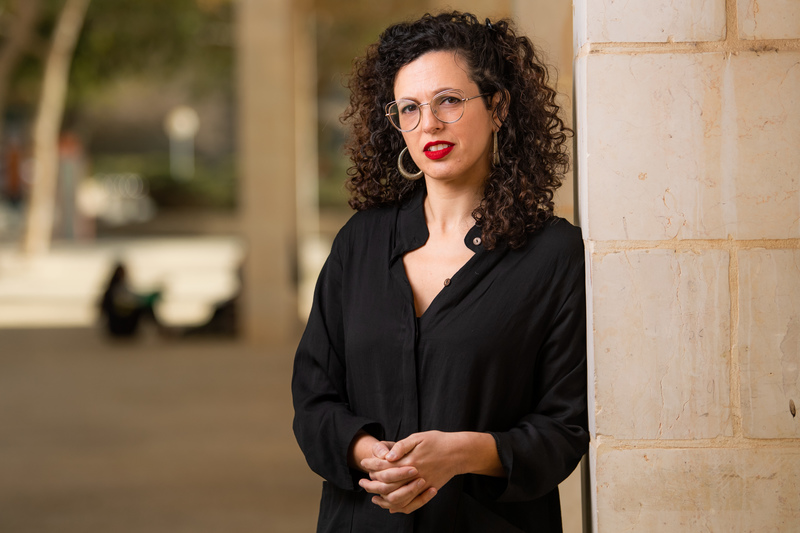Dr. Iris Idelson-Shein from BGU's Department of Jewish History has been awarded a prestigious Starting Grant from the European Research Council (ERC), the European Union's most prestigious research award.

The € 1.5 million grant is for five years and was awarded for her research that deals with translations of non-Jewish texts into Jewish languages (Yiddish, Hebrew, Ladino and Judeo-Italian) in early modern Europe. Around seven PhD candidates and post-doctoral researchers from different disciplines and with different linguistic capabilities will take part in the project, which attempts to map translations of non-Jewish texts into Jewish languages, which developed during the early modern period.
"Early modern authors, both Jewish and non-Jewish understood translation very differently from the way we understand it today," says Dr. Idelson-Shein. "For these authors, translation was creative work and the original compositions constituted an invitation to create a new and often radically different work."
The project will offer the first comprehensive study of these early modern Jewish translations, exposing a previously unexplored terrain of intercultural encounters which took place before the modern age—between East and West, tradition and innovation, Christians and Jews.
Dr. Idelson-Shein completed her PhD at the School of Historical Studies at Tel Aviv University. Her dissertation focused on the ways in which Jewish authors dealt with the changes that took place in the understandings of identity and difference throughout the eighteenth century. The University of Pennsylvania published the dissertation as a book in 2014 titled: Difference of a Different Kind: Jewish Constructions of Race During the Long Eighteenth Century.
After completing her doctorate, she moved to Germany where she was a research fellow at the Historisches Seminar at Ludwig-Maximilians University in Munich and the Martin Buber Chair in Jewish Thought at Goethe University in Frankfurt.
The ERC grant is awarded under the auspices of the EU'S Horizon 2020 program, which is dedicated to “stimulating scientific excellence by supporting and encouraging the very best, truly creative scientists, scholars and engineers to be adventurous and take risks in their research."